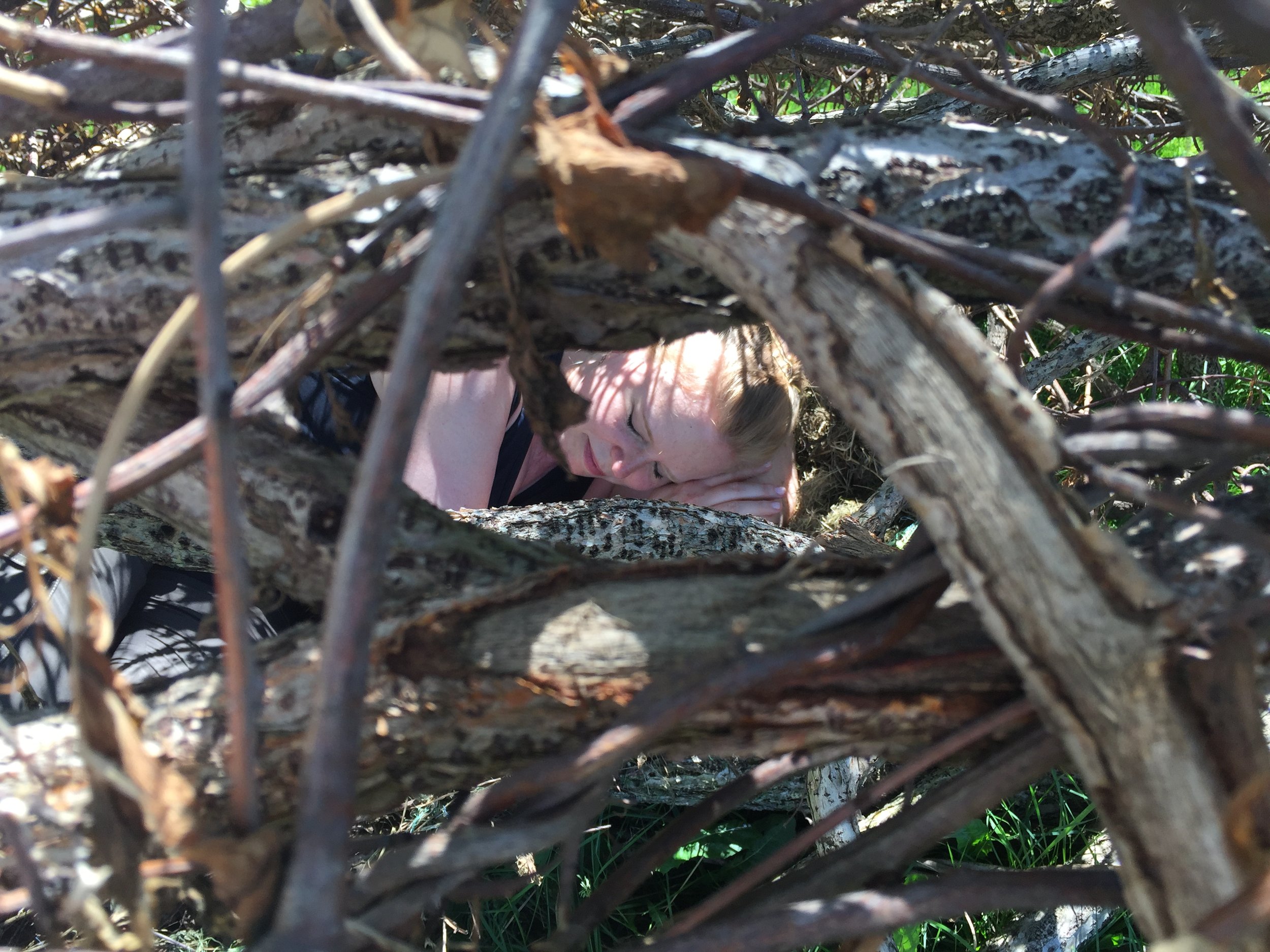If you want to be a good evaluator, or to be really good at so many professions actually, be sure to keep your eyes open in the world outside of evaluation for ideas. Sometimes you’ll find inspiration and approaches to emulate in surprising places.
One of my favorite podcasts to listen to is called Sleeping with Celebrities. Most of the guests are not well-known celebrities, in my opinion, but that’s no matter: “Each week on the slyly humorous and reassuring Sleeping with Celebrities, host John Moe talks with a different guest from the world of entertainment about something they know a lot about.”
It's a show you can listen to as a relaxing escape or to help feel sleepy (“we don’t want guests to bring their A game, we want them to bring their Zzz game”). The host is from the world of comedy and throws in some deadpan humor I just love and that makes me suddenly giggle while sleepy.
What are these somethings the guests know a lot about?” Well among my favorite episodes guests have gone deep deep into such passions and topics as: porridge; describing Melrose Place; ten (surprising) favorite candies; how to build a home music recording studio; and a guy’s setlist of covers from his college open-mic days. (By the way, in one episode, I learned the shocking fact that carrots are bad for rabbits, and that we only think of carrots and bunnies as going together because of Bugs Bunny and the movie It Happened One Night!).
How does this relate to evaluation? We can apply a lot from this show to our skills in designing interviews and focus groups and how we facilitate them.
Conveying curiosity, warmth, and empathy: John Moe conveys genuine interest in his guests’ sometimes most ordinary of topics, through his tone of voice, his questions and paraphrases, and another way he does this is by….
Listening well and using meaningful probes: Although he has planned some questions, he listens well and asks follow-up questions that are truly interesting and detailed in response to what he’s heard from his guest.
Slowing things way down and keeping them simple: Too many times, we try to cram too many questions into an hour-long (or even shorter!) interview or focus group. We rush through. Let’s cut our questions way back and leave space to breathe, slow down, allow for surprises, and to really dig in.
Appreciating differences, quirks, and discovery: The topics covered are rarely something the host knows about (he had never seen Melrose Place, but he asked follow-up questions about characters and plot points his guest had mentioned with great delight). Isn’t this why we choose to interview the people we do?—we want to learn from them. Let’s keep our minds open to listen for new discoveries and insights, big and small.
Of course, these are good reminders for our everyday conversations and listening too. At one evaluators’ meetup, after I discovered this podcast, I found myself chatting with a colleague about his new hobby of fly fishing. Instead of rushing off from a quick chat with him to talk to someone else, I found myself asking more questions about fly fishing, and the more I asked, the more fun we had. (And, did you know there are free little flybraries!!! to borrow fly ties just like Free Little Libraries?! Mind blown).
Sweet evaluation-y dreams,
Gretchen
